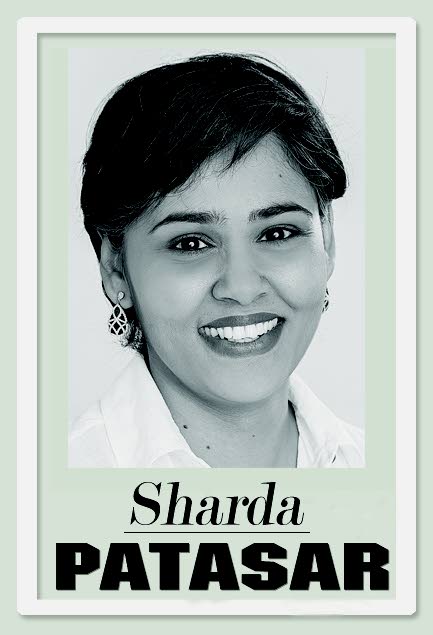The art of lying

During my education in India, in what was called the Moral Science class (it came equipped with a Moral Science textbook and exams as well) a story left an impact on my mind. It was about lying. I learnt there that there were times when lying was a virtue if it was told for the greater good. For years I grappled with this for I was unable to make the distinction between the greater good and my own idea of “good”.
I was the child that believed that the truth was the truth and we should tell it even if it cost us a harsh scolding and maybe a slap or two. I was adamant to the point where, on a few occasions I was solidly scolded for being “too truthful”. It was confusing because on one hand I had been brought up to be truthful, but then on the other hand I was told that I didn’t need to tell the full truth ALL the time. I don’t believe that I got very far with the lessons on “when to tell a lie” because I also did not believe that adults knew exactly what they were talking about. Many people have truth issues in my own estimation for “tell the truth regardless” is a common piece of advice. However, life is not so perfectly manicured.
It took a long time for me to recognise that, this exercise in truth-telling was done by a child who was taught that truth was absolute. Later on, it turned into a self-righteous act which of course defeated the purpose of all that truth-telling because it was in no way humble. Today, I understand that there are many versions of a truth but I now grapple with the telling of historical truths.
History as we all know, is founded on many lies. It becomes even starker when we consider that in a world where the establishment and maintenance of power are born and maintained on degrees of lies, what do you do when you uncover truths that were twisted to suit a personal or political agenda? Having grappled with: “should I tell it because it is the truth” or “should I just be quiet, because shedding light creates more harm than good?” – it brought me to the point where I now ask: “how important is it, that this be heard?”
I know that I speak in riddles however they are thoughts that I put forward for consideration. History’s twisted truths have served a certain interest group. But we are in a different age today. And in a slight argument with an elder a few days ago, I said perhaps a bit angrily, “This is why we should be teaching kids to think critically. Not everything that is written in a history book is true. Those served a particular political agenda and a time. People are constantly uncovering versions of the truth and so certain histories as we know it will keep changing.”
I consider today, the marijuana debates, legalisation of LGBTQ relationships, and all those other “illegal” matters that are really about the maintenance of a hierarchy. The maintenance of such hierarchical values depends on the pruning and careful watering of the roots of fear – the fear of the soul’s damnation, the fear that there isn’t enough pie, the fear that “they” will trump us etc. And so, many of us are nailed to the floor by the written word and nothing else shall exist. So be it, for I also understand that fear paralyses. But those who refuse to be nailed, often walk further out – towards respect for all humanity, and acceptance of difference – a place where the boundaries of words on a page have been crossed.
Earlier this week, while reading Walter Isaacson’s Benjamin Franklin: An American Life, I highlighted some sentences in the the first chapter of the book with which I wish to leave readers this week. There is an important point that Isaacson makes about the biography of the man which can easily be a point that we should note about how we look at our own history. It is that, over the years, people have written about Benjamin Franklin. Some have vilified him, some have admired him. But whichever position we take he notes: “…it is useful to engage anew with Franklin for in doing so we are grappling with a fundamental issue: How does one live a life that is useful, virtuous, worthy, moral, and spiritually meaningful? For that matter, which of these attributes is most important? These are questions just as vital for a self-satisfied age as they were for a revolutionary one.” (Walter Isaacson, Benjamin Franklin: An American Life, 2003)


Comments
"The art of lying"